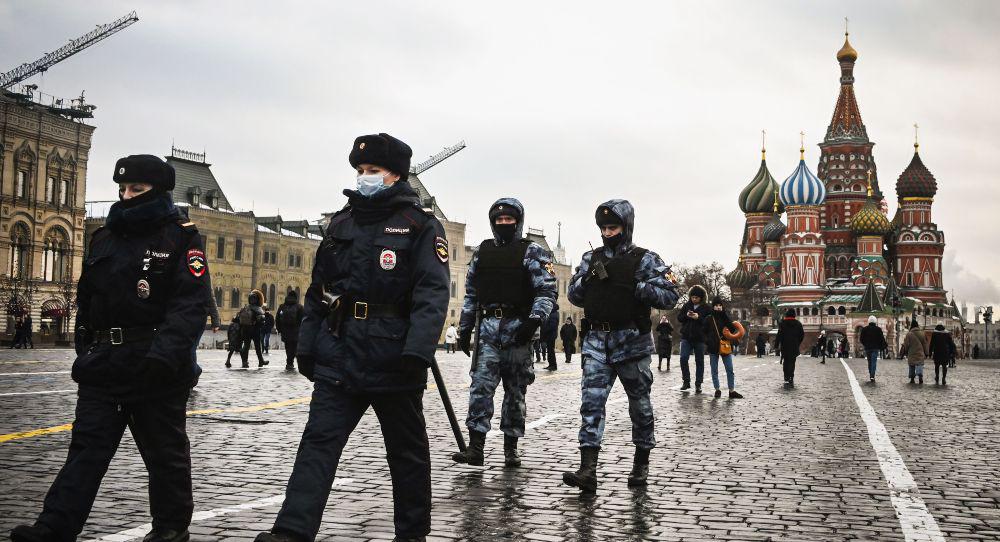He didn’t waste time.
As soon as Poland joined the European Union in May 2004, then Polish president Aleksander Kwaśniewski made a passionate plea for Ukraine and Turkey. Both countries, he told me, should one day become members of the EU.
Kwaśniewski wanted his country’s southeastern neighbors to be part of a Europe whole and free—or, as he put it, “a pluralistic, open, and new Europe.”
The first phase of that open and new Europe was achieved in 1989, when the Berlin Wall was literally torn down, ending the division of Germany. The second phase took place in 2004, when eight countries that were once under the yoke of communism joined the EU, followed later by Bulgaria, Croatia, and Romania.
Since joining the EU, Poland took the lead among the countries of Central and Eastern Europe in campaigning for human rights and democracy, whether in Ukraine, in Georgia, or elsewhere in the region.But today, Poland’s role is being superseded by the three small Baltic states of Estonia, Latvia, and—in particular—Lithuania. They have been vocal and active in defending the peaceful protests in neighboring Belarus, where citizens for nearly six months since August 2020 have been calling for the resignation of Belarusian President Alexander Lukashenko.
The Baltic states have also unambiguously come out in support of the demonstrators in Russia, calling for the release of opposition leader Alexei Navalny. Navalny was promptly detained on January 17, 2021, when he returned to Moscow from Berlin, where he was treated for a chemical attack for which the Kremlin denies any involvement yet refuses to open a criminal investigation.
Estonia, Latvia, and Lithuania are doing what they can to mobilize opinion in the rest of the EU, something Poland was able to do in the past, but no longer. Since 2015, Warsaw’s reputation and credibility have been damaged because of the Polish government’s policies of undermining the independence of the judiciary and weakening the checks and balances so essential for democratic institutions.
For Linas Linkevičius, Lithuania’s former foreign and defense minister, the EU has to stand up for what it believes in. Ideally, this would mean imposing hefty sanctions on the top leaderships in Belarus and Russia and doing everything possible to defend civil society by providing legal assistance, visas, educational opportunities, and safety for those fleeing repression.
So far, the EU’s sanctions on the Belarusian leadership have been mild, to say the least. And while the EU has rolled over sanctions imposed on Russia after it illegally annexed Crimea and invaded parts of eastern Ukraine in 2014, these have had little effect on changing Russian President Vladimir Putin’s foreign policy behavior.
The Baltic states, joined by Poland, believe it is time to step up the pressure on Moscow. Germany, for one, should stop the completion of the Nord Stream 2 pipeline, which will bring natural gas from Russia directly to Western Europe via the Baltic Sea. Such a measure, they believe, could be a game changer.
But stopping Nord Stream 2 is not going to happen.
German Chancellor Angela Merkel has no intention of changing course, even though German dependence on Russian energy will increase, and even though the Baltic states and Poland consider Nord Stream 2 a potentially powerful lever against the Kremlin.
But then, the EU isn’t particularly good at exercising solidarity with its own members. China told Sweden it would “take all necessary measures” after Stockholm decided to ban Huawei from building its 5G networks. The EU seems indifferent to this threat.
Meanwhile, other EU countries, particularly Hungary, are going their own way in relations with China—which is opening a university in Budapest—and with Russia—which is building a nuclear power plant in Hungary and supplying Budapest with its Sputnik V coronavirus vaccine.
China and Russia are big-time investors in Hungary—just as they have sizeable investments throughout the EU. So those EU governments that challenge Beijing or Moscow put themselves at risk of financial or trade retaliation.
Such is the curse of these types of investments. They bring a kind of negative foreign influence that weakens internal solidarity, as the Swedish case shows. They also expose just how committed the EU is to its own values—and to supporting those who demonstrate against corruption, injustice, arbitrary detentions, and police brutality in Belarus and Russia.
In short, it begs the question of how the EU can affect change in these countries.
Neither the EU as a whole nor individual member states can bring about change as such. As the case of Belarus suggests, it’s people power that might bring change. That’s how communist regimes from the Baltic states to Romania were toppled back in 1989.
Sooner or later, Lukashenko will leave his presidential palace. Sooner or later, Putin will leave the scene too. Sooner or later, a Hungarian opposition will defeat Fidesz, the ruling party that has systematically taken control of the media, of academic institutions, and of parts of the economy. Societies are not static.
It doesn’t mean that the EU should accept the status quo—which in Belarus is already changing by virtue of the scale of the protests, the broad mobilization of civil society, and the overcoming of fear.
As the Baltic States show, actively providing assistance to pro-democracy forces abroad means preparing, not just waiting, for the day after.






